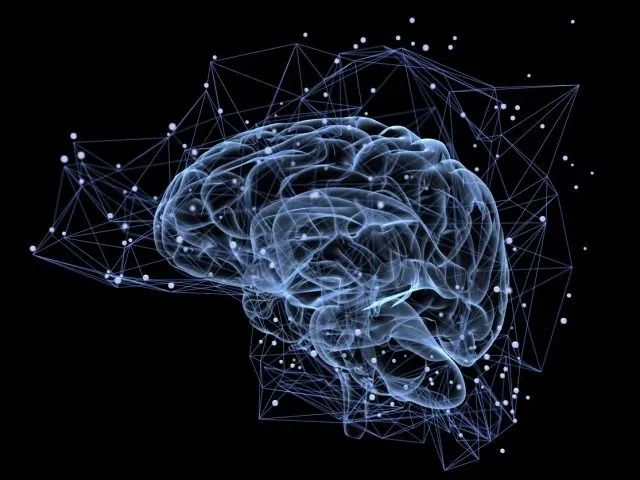Get a Free Consultation
(401) 324-2992
How Alcohol Affects the Brain
Jul, 07 2017

Alcohol that is not broken down by the liver goes to other areas of the body. There are many potential short and long-term effects of alcohol use. Alcohol affects the brain as much as any other organ in your body. The more you drink, the more negative effects you will experience. This article will discuss how alcohol affects your brain, motor skills, liver, and decision making.
Short Term Effects of Alcohol
First, let’s examine the less serious effects of alcohol. The short term effects. Have you ever had a bit too much to drink and woke up the next morning with gaps in your memory? Alcohol causes short term memory loss.
Also, if you have ever had an alcoholic beverage, you know how your body responds. Difficulty walking, blurry vision, slower reaction times, and trouble speaking are all common side effects of alcohol consumption. All of these occur because alcohol is a depressant and it slows down your brain function.
Alcohol reduces your ability to make good decisions. Many people refer to this as lowered inhibitions. After a night out drinking, getting behind the wheel may seem like it is not that bad of an idea. However, when you are sober at the start of the night, you know just how devastating a DUI can be. Alcohol affects your decision-making process and could result in criminal charges if you end up behind the wheel. If you receive DUI charges after a night out, contact a Newport Rhode Island DUI attorney immediately to discuss your case.
High-Risk Drinkers
Besides the common effects of alcohol, there are some serious health concerns related to alcohol abuse. The damage done by alcohol depends on several factors. The longer lasting effects of alcohol mainly occur to problem drinkers. What is a problem drinker? Unfortunately, there is no clear cut answer. Someone who doesn’t drink often but drinks a lot when they do can still be a problem drinker. Someone who drinks two glasses of wine every day can also be a problem drinker and experience some of these effects.
The first factor is how much a person drinks. Even infrequent, heavy, binge drinking can cause serious health problems. Just because someone doesn’t drink all day, every day, doesn’t mean they are immune to the effects of alcohol on the body.
Secondly, the length of time someone has been drinking and the age at which they start can have an effect on their body. If someone starts drinking earlier in life, before their body develops fully, they could experience more severe alcohol effects.
There are some other factors that come into play when determining how alcohol affects an individual. These factors include age, gender, genetic background, and whether there is a history of alcoholism in their family.
Long-Term Alcohol Affects
One of the most common effects of alcohol on the brain is a loss of memory. These events start out only when someone is consuming alcohol. However, blackouts and memory loss can occur more often the more a person drinks. Memory loss can even become permanent for problem drinkers.
Alcohol can permanently change your brain. One common example of this is thiamine deficiency. Thiamine which is also known as vitamin B1 is found in meat and poultry, whole grains, nuts, and beans. This deficiency is usually a result of the poor diet of an alcoholic. Your brain loses some of its function when it doesn’t have the necessary nutrients.
Alcohol affects the liver in a dangerous way as well. Your liver is responsible for removing toxins from your body. One of the toxins that your liver removes is alcohol. Over time excess toxins can cause your liver to scar. This scarring is known as cirrhosis. Cirrhosis is a progressive disease that eventually leads to liver failure.
The scariest effect of alcohol on the brain is what is known as Wernicker-Korsakoof syndrome. WKS is a disease that consists of two different syndromes. Wernicke’s encephalopathy is the first syndrome which includes symptoms such as mental confusion, and difficulty with muscle coordination. The second syndrome, Karsakoff’s psychosis, includes symptoms such as persistent learning and memory problems, and difficulty with motor skills. This condition is permanent in most cases and is extremely difficult for the patient.
Conclusion
Alcohol is a dangerous drug, and after a night out you are likely to feel some alcohol affects. With your judgment and inhibition lower than usual it is important to have a sober friend with you to avoid making a mistake like getting behind the wheel after drinking. If you make a mistake and get behind the wheel after drinking, contact Josh Macktaz today and learn how he can help you.
How Alcohol Affects the Brain






